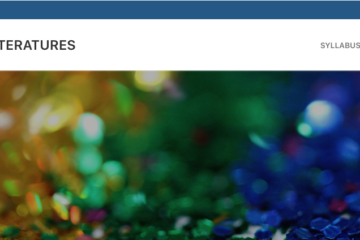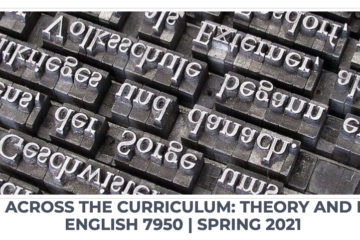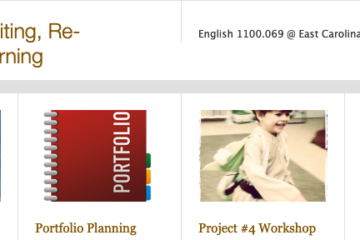Lord Alfred Douglas, sometimes lover of Oscar Wilde and often times terrible poet, managed to make famous in his poem “Two Loves” the unforgettable line about homosexuality that it was the “love that dare not speak its name.” In this course, we will be walking back through the 20th and early 21st centuries to explore how gay and lesbian writers have attempted to speak their names, whether that be in context of great loves or not. In fact, one might be tempted to think of gay and lesbian literature as a subgenre of the romance since so much of the action of these novels involves the complicated relationship-making experiences of their characters. But is there more to gay and lesbian experience than whom one loves (or sleeps with)?
As we read through the various texts this semester, taking a somewhat historical approach, I hope we’ll be able to discover what else these texts (and lives) might be about. The novels and plays that I have selected encourage us to think broadly about issues of gender and sexuality, and about what it has meant for a group and for individuals to struggle to find a sense of identity amidst a rapidly changing culture. The texts we’ll read together should help us to explore answers to many of the following questions:
- How does identity shift over time, and how do these writers offer insights into what it means to be “gay” or “lesbian” (or something else) at a particular historical moment?
- What does it mean to be both gay/lesbian and a person of color? How do these identifies come into conflict, and how do we represent that in literature?
- What role, if any, have class experiences played in shaping gay and lesbian identities? What role religion?
- How do gay and lesbian texts both embrace and disrupt traditional gender constructions?
- Ultimately, do gay and lesbian texts have aesthetic value or are they merely/primarily rhetorical in nature? How does our answer to this question shape our value of the texts we’re reading?


